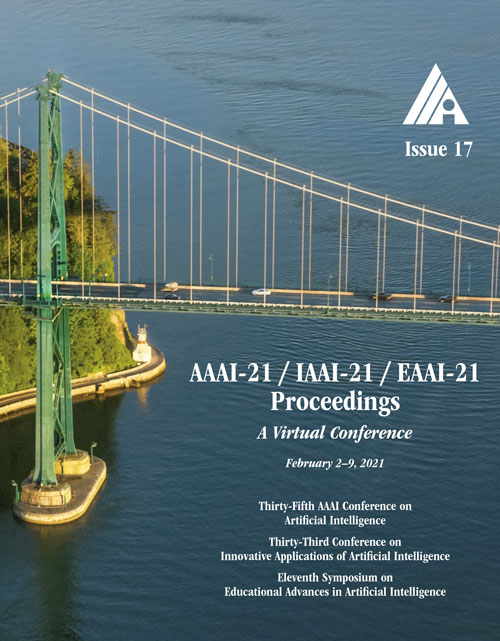HateXplain: A Benchmark Dataset for Explainable Hate Speech Detection
DOI:
https://doi.org/10.1609/aaai.v35i17.17745Keywords:
Social Welfare, Justice, Fairness and Equality, Computational Social Science, Other Social ImpactAbstract
Hate speech is a challenging issue plaguing the online social media. While better models for hate speech detection are continuously being developed, there is little research on the bias and interpretability aspects of hate speech. In this paper, we introduce HateXplain, the first benchmark hate speech dataset covering multiple aspects of the issue. Each post in our dataset is annotated from three different perspectives: the basic, commonly used 3-class classification (i.e., hate, offensive or normal), the target community (i.e., the community that has been the victim of hate speech/offensive speech in the post), and the rationales, i.e., the portions of the post on which their labelling decision (as hate, offensive or normal) is based. We utilize existing state-of-the-art models and observe that even models that perform very well in classification do not score high on explainability metrics like model plausibility and faithfulness. We also observe that models, which utilize the human rationales for training, perform better in reducing unintended bias towards target communities. We have made our code and dataset public for other researchers.Downloads
Published
2021-05-18
How to Cite
Mathew, B., Saha, P., Yimam, S. M., Biemann, C., Goyal, P., & Mukherjee, A. (2021). HateXplain: A Benchmark Dataset for Explainable Hate Speech Detection. Proceedings of the AAAI Conference on Artificial Intelligence, 35(17), 14867-14875. https://doi.org/10.1609/aaai.v35i17.17745
Issue
Section
AAAI Special Track on AI for Social Impact

